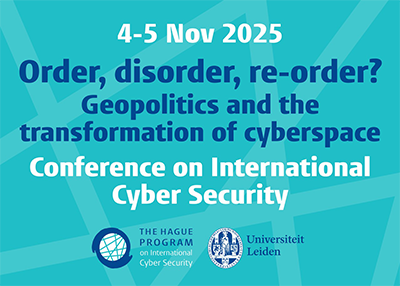
Israel: cyber securitization as national trademark & Palestinian territory occupied: cybersecurity at reduced sovereignty
Fabio Cristiano contributed two chapters to the Routledge Companion to Global Cyber-Security Strategy, edited by Scott N. Romaniuk and Mary Manjikian.
This companion provides the most comprehensive and up-to-date comparative overview of the cyber-security strategies and doctrines of the major states and actors in Europe, North America, South America, Africa, and Asia.
The volume offers an introduction to each nation’s cyber-security strategy and policy, along with a list of resources in English that may be consulted for those wishing to go into greater depth.
Israel: Cyber Warfare and Security as National Trademarks of International Legitimacy
In the last two decades, Israel established itself as a leading actor in the global arena of cyber security governance, strategy, and industry. Transferring knowledge from the military to the civilian sphere, the country can today be considered as a normative power for its cyber security policies, research, and innovative market ventures. Thanks to their notorious – yet contentious – operations, the Israel Defense Forces (IDF) are internationally recognized as pioneers in the field of offensive cyber defense. Different elements contribute to Israel’s national success in cyber security, and this chapter maps them through a critical perspective on the country’s conflation of military strategies with cyber security governance and market initiatives. This problematic merging of different domains creates in fact the conditions for a distinctive – and growlingly exported abroad – profitable approach to the securitization and militarization of cyberspace.
Palestine: Whose Cyber Security without Cyber Sovereignty?
A number of elements contributes to the absence of a centralized internet governance and coherent strategy for national cyber security across the Palestinian territory. With Israel in full control of network infrastructures, the Palestinian Authority (PA) and the Hamas administration retain limited sovereign functions with regards to cyberspace. Furthermore, the Palestinian governance of cyber security unavoidably echoes those territorial and political fractures that set apart the Palestinian Authority (PA) in the West Bank from Israeli-annexed East Jerusalem as well as from the Hamas administration in Gaza. These divergences are strikingly revealed in their dissimilar ways to engage with Israel: whereas the PA’s approach takes the connotations of a cyber security cooperation, Hamas extensively recurs to its cyber-wings to launch attacks aimed at breaking the Israeli cyber-blockade. As a peculiar case of fragmented governance and limited sovereignty, Palestine provides a unique perspective to situate the concept of cyber sovereignty outside its traditional authoritarian narratives and to reveal its emancipatory potential.

























_400x286.png)



















































_400x286.jpg)












